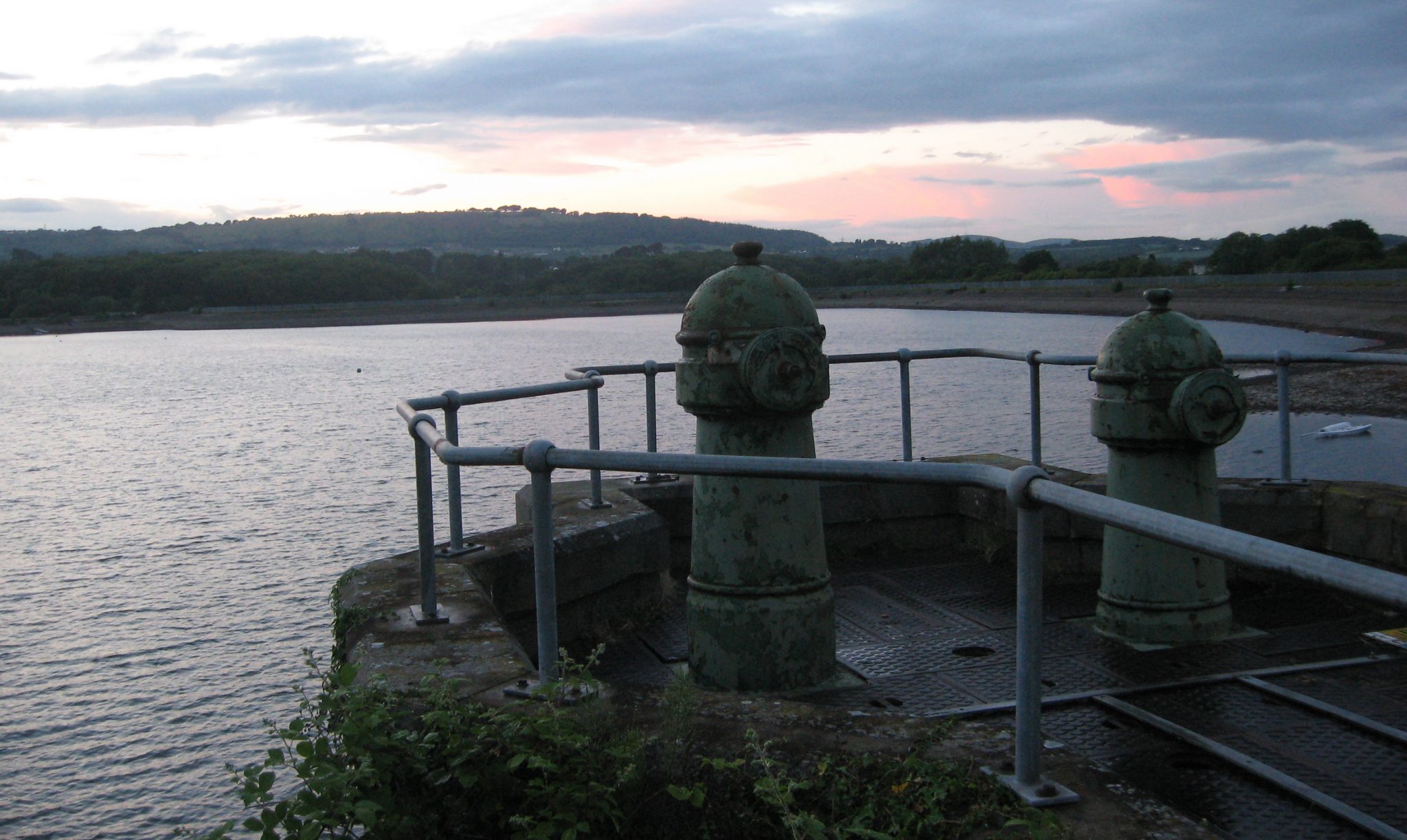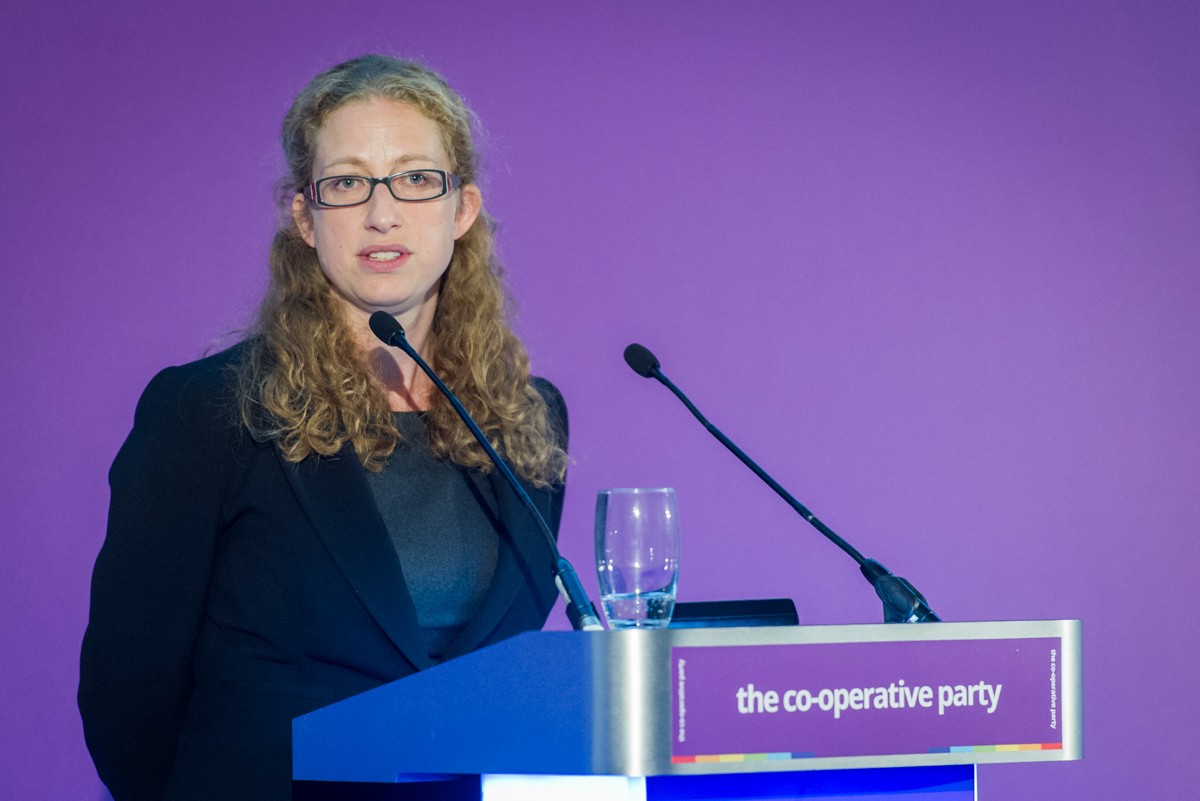The Co-operative Party has published a new paper in which it calls for alternative models of democratic public ownership for key industries including water, energy and rail.
The report welcomes Labour Party plans to bring industries including water, energy and rail into public ownership, but argues that democracy and accountability must at the heart of new publicly owned models. It envisions services directly accountable to those who use them and have a stake in their success: customers, employees, and taxpayers. Greater involvement of customers and employees, will also lead to improved productivity, it argues.
The Party believes the debate around public ownership debate goes beyond a basic argument about profits – being a question of governance and accountability.
“The Co-operative Party believes the full potential of public ownership can only be achieved through the use of democratic, accountable and inclusive models. Public utilities and transport redesigned using co-operative values and principles would democratise key aspects of our economy,” reads the report.
It stresses the need to create not-for-profit, regional water companies, owned and run by accountable trusts made up of employees and consumers.
Related: How do we double the co-op economy? Report commissioned
The Party suggests the new employee and consumer trusts should have a role in scrutiny and decision-making at Ofwat by appointing a scrutiny panel which reviews the operations of the regulator and plays a role in board appointment. It also argues that Ofwat should work with HMRC and financial regulators to tighten the rules on tax arrangements for companies wishing to invest in UK public utilities.
The report gives examples of public services run co-operatively, including Welsh Water (Glas Cymru), which became a not-for-profit company limited by guarantee in 2000 after “a people’s bid” to take it out of private ownership. Since then more than £180m has been returned to customers in dividends. Customer bills have also reduced. In addition, they have provided over £10 million of support for vulnerable and low-income customers through social tariffs.

In terms of rail services, the report calls for these to be run by not-for-profit train service providers replacing train operating companies, and a new democratic ‘Guiding Mind’ for the railways to take over from Network Rail. The ‘Guiding Mind’ would have a mixed stakeholder board that would include passengers and employees.
Related: Is it time for a co-op water supply?
To reform the energy sector, the Co-operative Party is proposing a new energy security board, accountable to energy customers, employees and other stakeholders, and charged with securing the nation’s energy future; democratic regional distribution grids owned and run by consumer and employee trusts; a new generation of community-owned and co-operative renewable generation and energy supply; and a publicly owned power generation company for large-scale generation.
The report refers to a Competition and Markets Authority investigation into the industry in 2016 estimated that customers are overpaying for energy by £1.2bn every year.

Party general secretary Claire McCarthy said: “Those who want to continue to defend the failed privatisations of rail, energy and water will no longer be able to use the smokescreen that any alternative means a return to the past. What this document sets out is a radical vision for democratic public ownership for the 21st Century.
Related: Rallying call from co-op councils to reshape UK politics
“Public ownership is now a mainstream political position backed by the majority. The time has come to focus on how it can be achieved, and how we maximise the benefits to consumers, employees and the taxpayer. We offer the proposals in this report as a contribution to these discussions.”
Party chairman Gareth Thomas MP said: “Our vision for the water, rail and energy sectors that we have set out today are radical and practical. They will achieve the maximum benefits from public ownership by putting the public centre stage.”